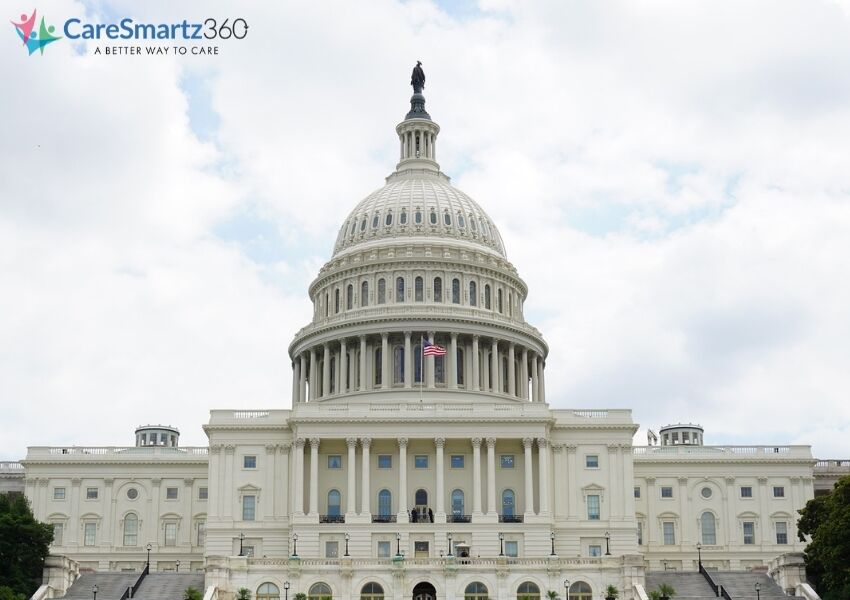
The 21st Century Cures Act has revolutionized modern home care with several provisions that drive greater interoperability and adoption of electronic records.
Let’s first understand the 21st Century Cures Act before inching towards the EVV and its influence on the home care agencies operating in the U.S.
The 21st Century Cures Act, also known as the Cures Act, is a federal law passed in 2016. As per the law, the states were required to implement EVV, i.e., Electronic Visit Verification for Medicaid programs, including personal care and home care services by the care service providers.
The Act includes two kinds of services, in particular, personal care and home care services.
Also called PCS (personal care services), these services entitle a person to comprehensive care program services who need help with daily living due to cognitive, behavioral, physical limitations or severe health issues.
The 21st Century Cures Act’s home care services include assistance with daily chores at home, commonly known as non-medical care. Elders seeking assistance to manage the house chores can benefit of these services through third-party home care service providers. Under the Act, the agencies are entitled to offer such services at the location of the client.
The government took the initiative to cut down on fraudulent practices of billing and payrolls. The Act suggests home care agencies implement Electronic Visit Verification (EVV). It has been created to help people receive the documented care that they are promised. EVV has been designed to help home care operator agencies verify that the care services billed are for actual visits made by the caregivers.
Electronic Visit Verification system electronically verifies caregiver visits for care delivery, which includes the following detailed information:
The first and foremost benefit is that it automates the whole process of providing care services and prevents Medicaid fraud.
Medicaid fraud is one of the biggest consequences of the growth of home care services. Verifying caregivers’ credentials become one big issue for CMS. The 21st Century Cures Act addresses the issue through a centralized database that allows agencies to confirm caregiver identities and generate electronic records along with location and time of care.
Here’s the list of other advantages of using a home care management solution with EVV:
Home care agencies delivering non-medical personal care services need to comply with state regulations and choose a reliable electronic visit verification vendor as per their respective state’s mandates.
While there are several ways to achieve EVV, we support the following methods:
EVV compliant home care software significantly influences the agency’s regular business operations and the caregiver’s performance.
The home care agencies that are EVV compliant have all the advantages of preventing rejections of Medicaid claims, avoiding termination of the Medicaid program, and preventing suspension of sanctions. The EVV will influence the entire caregiving process of the home care agencies and help bring all the parties involved to the business.
With innovative technology solutions, home care agencies can do a lot more than just adhering to and meeting the EVV mandate. Enhanced productivity, easy and smooth flow of communication, reduction in redundant administrative activities can also be seen through a dedicated EVV compliant, comprehensive home care solution.
In a nutshell, implementing the EVV unleashes several other unexplored possibilities that speed up the business processes and provide valuable and reliable output.
Our users reported 95% customer satisfaction in 2024. Schedule a personal walkthrough to see CareSmartz360, home care software in action.